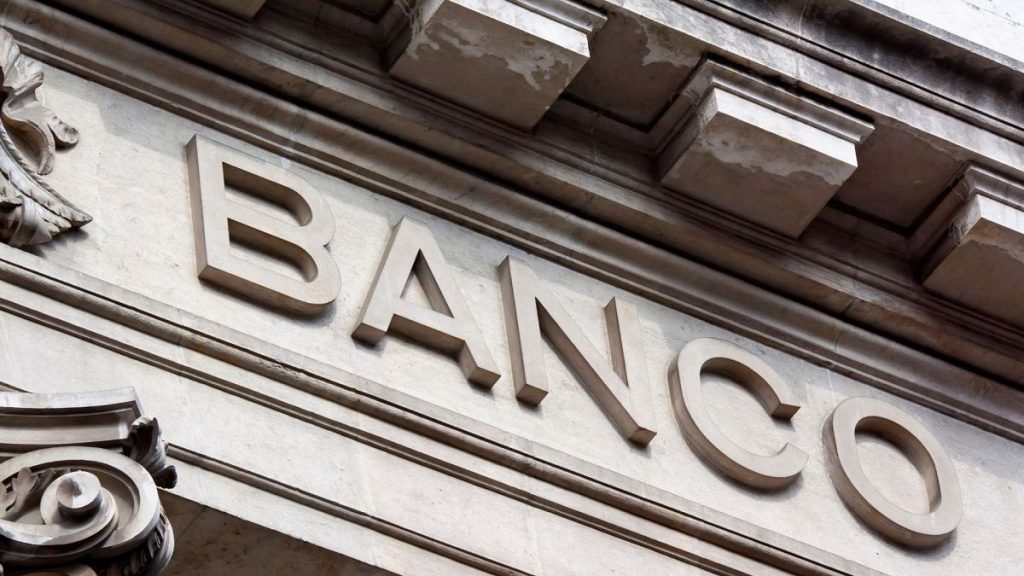Banco Sabadell, a prominent Spanish bank, is poised to reconsider its headquarters location, a decision with significant implications for the Catalan economy and the ongoing takeover bid by BBVA. In 2017, amidst the political turbulence surrounding Catalonia’s independence movement, Sabadell relocated its headquarters from Catalonia to Alicante. This strategic move was driven by concerns over the potential disruption to financial stability and regulatory oversight should Catalonia secede from Spain. Now, with a more stable political landscape in Catalonia and a hostile takeover attempt looming, the bank’s board is set to discuss a potential return to its original home. This move is laden with both economic and political significance, reflecting the evolving dynamics within Catalonia and the Spanish banking sector.
The timing of this potential relocation is particularly noteworthy given BBVA’s ongoing pursuit of Sabadell. While Sabadell has previously rejected the bid, citing undervaluation and its commitment to the Catalan economy, the potential return to Catalonia could serve as a powerful reaffirmation of its regional ties and a strategic maneuver in the face of the takeover attempt. By emphasizing its Catalan identity and economic contributions, Sabadell may be seeking to bolster public and political support against the merger, presenting itself as a vital asset to the region’s financial ecosystem. The potential relocation, therefore, becomes a multifaceted decision, intertwined with both regional politics and the bank’s own strategic positioning within the Spanish financial landscape.
While the bank has remained tight-lipped about the rationale behind the potential relocation, the shift in Catalonia’s political climate offers a compelling explanation. The election of Salvador Illa of the Socialist Party as head of the Catalan government, marking the end of over a decade of pro-independence rule, has ushered in a period of greater political stability. This newfound stability removes a key factor that prompted Sabadell’s initial departure and creates a more conducive environment for the bank to reconsider its headquarters location. Spain’s Economy Minister, Carlos Cuerpo, has echoed this sentiment, suggesting that the normalization of the political situation in Catalonia has paved the way for Sabadell’s potential return.
However, the potential relocation cannot be viewed in isolation from the ongoing takeover bid by BBVA. The Spanish government has expressed concerns about the merger, citing potential threats to competition, particularly given Sabadell’s substantial SME client base. A takeover by BBVA would significantly increase its market dominance, potentially squeezing smaller businesses and reducing competition within the banking sector. This has led the government to consider blocking the merger, highlighting the political and economic sensitivities surrounding the consolidation of Spain’s banking sector.
The potential relocation of Sabadell’s headquarters adds another layer of complexity to this already intricate situation. By returning to Catalonia, Sabadell could strengthen its ties to the region and bolster its argument against the merger, potentially garnering political and public support for remaining an independent entity. The decision, therefore, becomes a strategic move within the larger context of the takeover bid, allowing Sabadell to leverage its regional identity and economic contributions as a defense mechanism.
The unfolding situation at Sabadell is not just a domestic issue; it’s attracting attention across Europe, where a wave of banking consolidation is underway. From UniCredit’s expansion in Germany and Romania to BNP Paribas’ deal with AXA Investment Managers, the European banking landscape is undergoing a significant transformation. While consolidation can potentially strengthen lending capacity and improve efficiency, it also raises concerns about competition and the potential impact on smaller businesses and consumers. The Sabadell-BBVA saga serves as a microcosm of the broader trends and challenges facing the European banking sector, highlighting the delicate balance between consolidation and maintaining a competitive market. The outcome of this situation will likely have ripple effects across the region, influencing future consolidation efforts and shaping the future of European banking.














